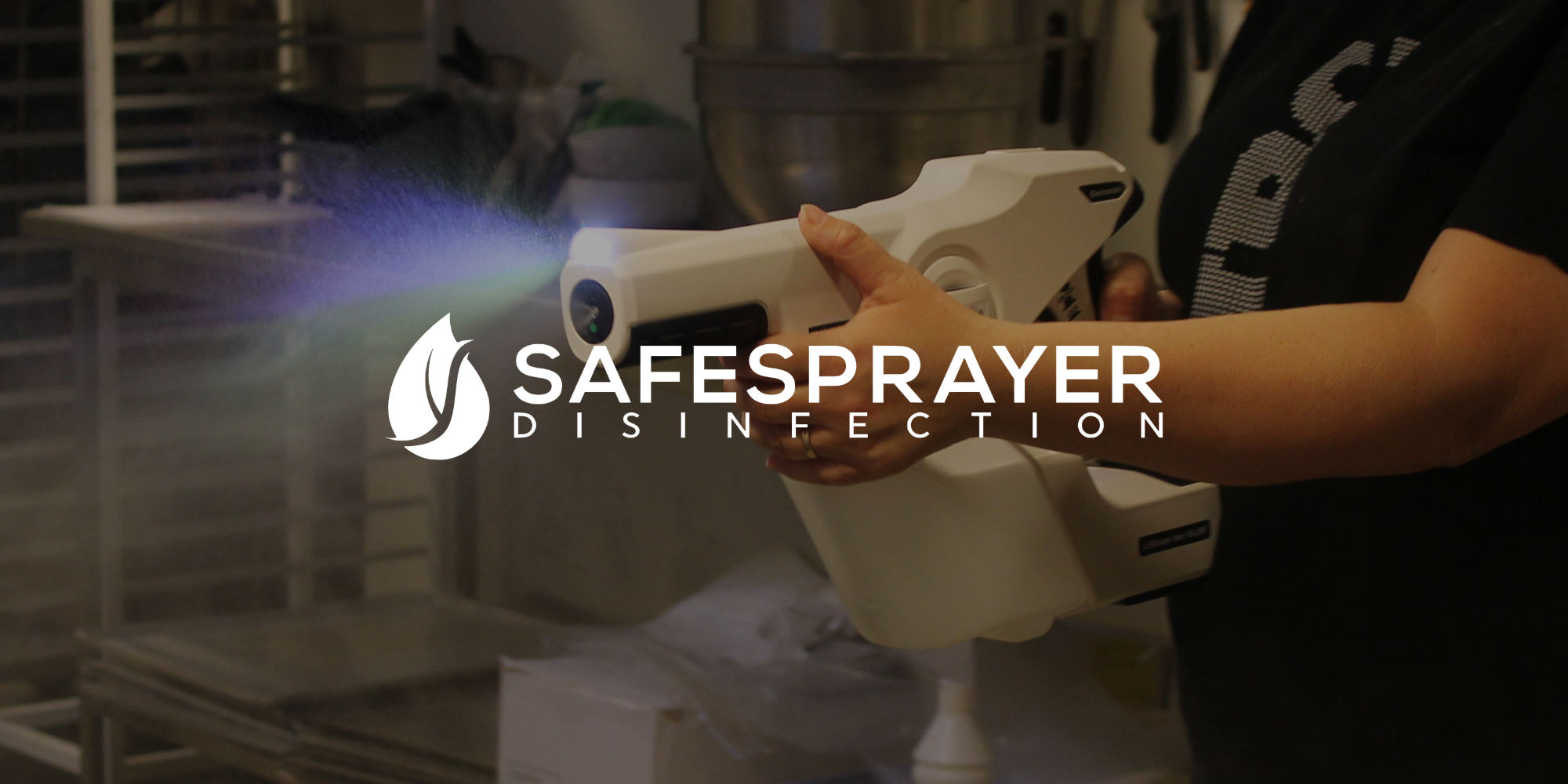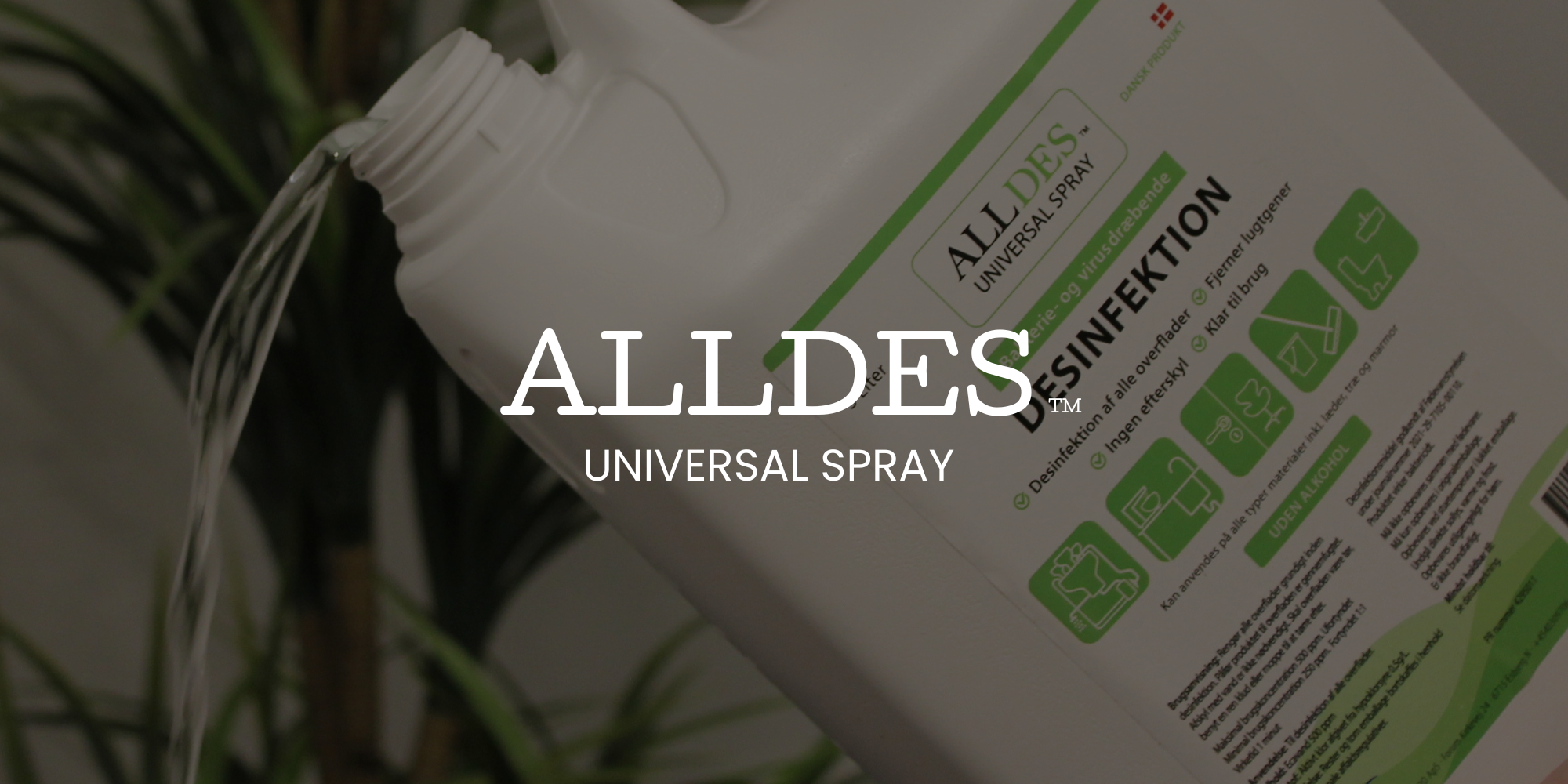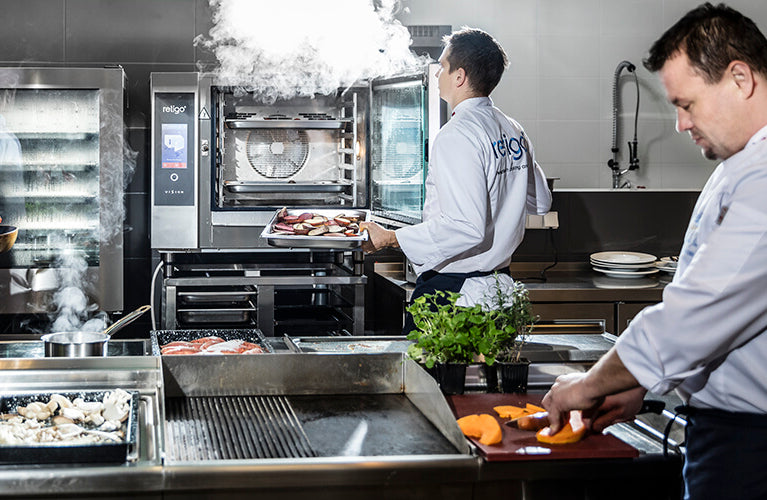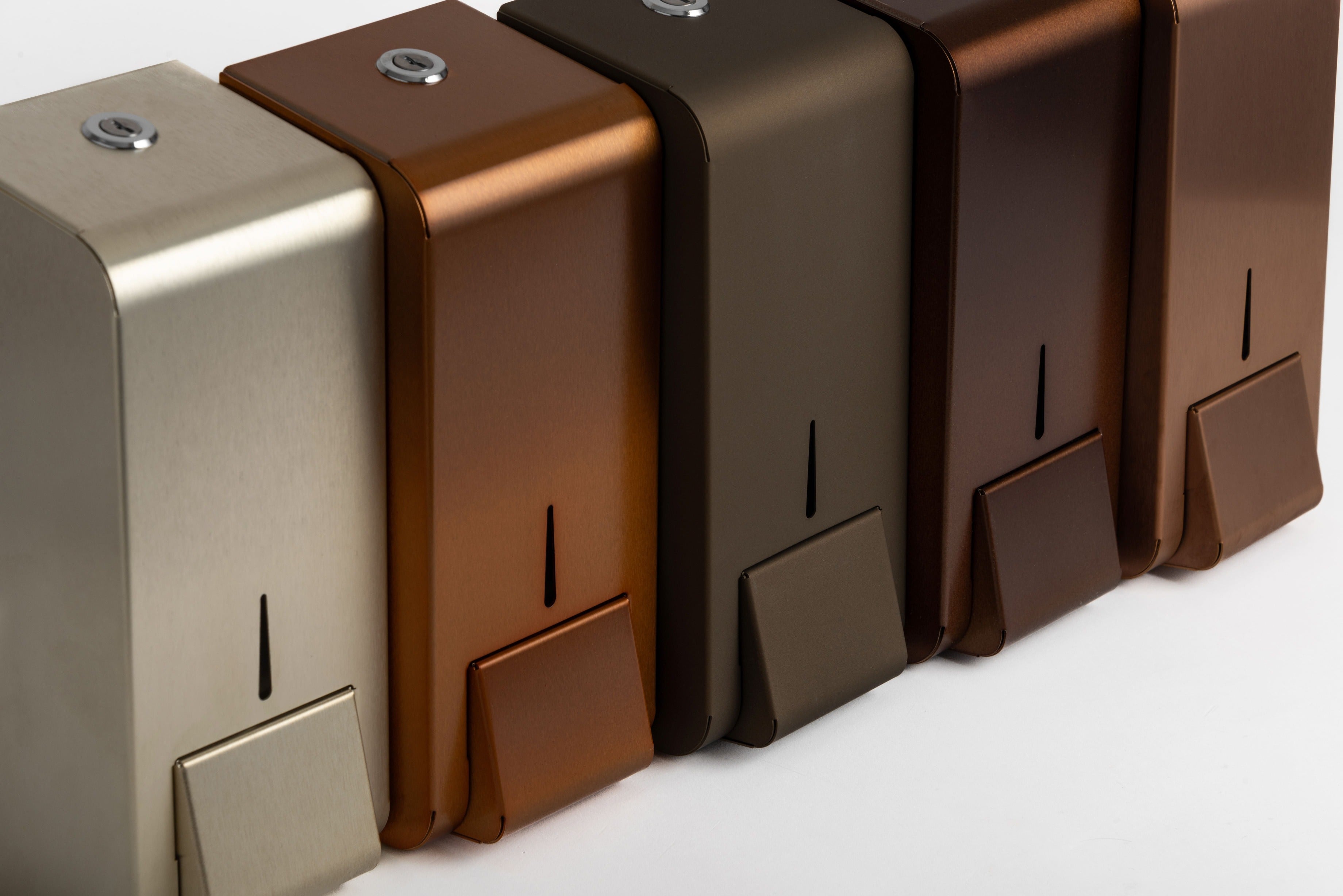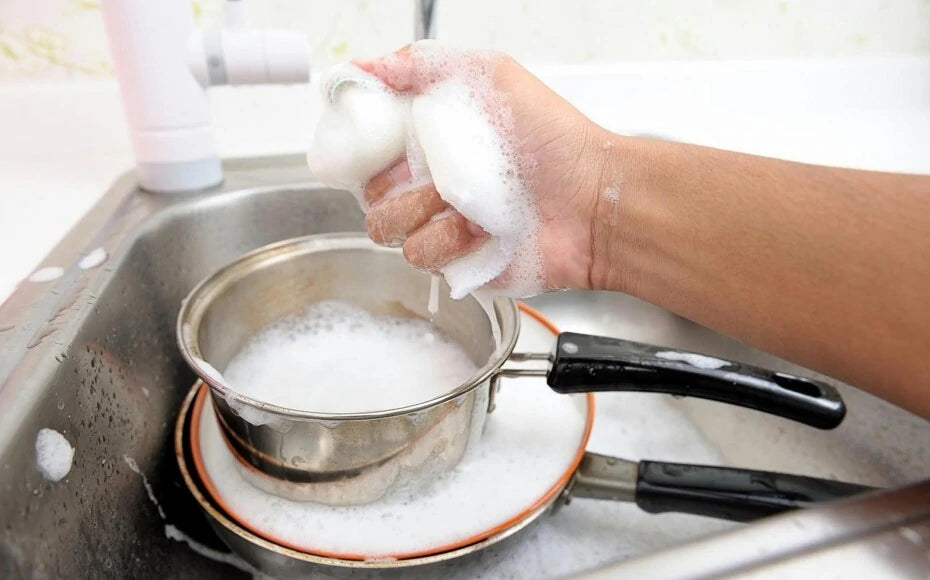Norovirus is a highly contagious virus that causes stomach infection and symptoms such as vomiting, diarrhea and abdominal pain. Learn about preventing and managing norovirus infections.
What is norovirus?
Norovirus (rubella) is a common cause of food poisoning and stomach infections in Denmark, which can spread quickly in kitchens and among food preparation areas. It is important to take effective precautions to prevent the spread of norovirus and maintain a healthy and safe kitchen environment. Here are some important preventive measures you can follow to minimize the risk of norovirus outbreaks.
Preventive measures against norovirus
1. Good hand hygiene: Wash your hands thoroughly and regularly with warm water and soap for at least 20 seconds. This is especially important before cooking, after using the toilet, after touching waste or cleaning surfaces. Avoid touching your face or handling food if you have symptoms of a stomach infection.
2. Cleaning and disinfection of surfaces : Clean and disinfect all kitchen surfaces regularly, especially those that come into contact with raw meat, fish or shellfish. Use a suitable disinfectant and follow the manufacturer's instructions. Pay particular attention to cutting boards, knives, bowls, utensils and work surfaces.
3. Proper food handling: Wash fruit and vegetables thoroughly before use. Avoid cross-contamination by separating raw meat, fish or shellfish from other foods during storage and preparation. Use separate cutting boards and utensils for raw and cooked food. Be sure to store foods at the correct temperatures to prevent bacterial growth.
4. Personal hygiene measures: If you are sick with norovirus or have symptoms such as vomiting or diarrhea, you should avoid handling food or working in the kitchen until you are symptom-free for at least 48 hours. Also inform your employer or family about your condition so they can take the necessary precautions.
5. Up-to-date employee training: Ensure everyone working in the kitchen is up-to-date on the latest food safety and norovirus prevention knowledge. It is important to understand the symptoms of norovirus and the necessary steps to avoid spreading it.
6. Hygiene when serving: If you serve food buffets or in a public kitchen, you must ensure that the food is protected from contact and airborne contaminants. Use disposable gloves and use safety measures such as lids to prevent accidental contamination.
Norovirus infections can be extremely unpleasant and lead to serious illness. By following these preventive measures, you can minimize the risk of norovirus infections in your kitchen and ensure a safe and healthy environment for yourself and your guests.
FAQ - Frequently Asked Questions
What is norovirus? Norovirus, also known as Roskilde disease, is a very common form of stomach upset and a frequent cause of foodborne outbreaks in Denmark.
Can norovirus be transmitted through the air? No, norovirus is primarily transmitted through direct or indirect contact with infected persons or contaminated surfaces. It does not spread through the air.
What is the best way to prevent norovirus? The best way to prevent norovirus is to maintain good hand hygiene , clean and disinfect surfaces regularly and avoid contact with infected people.
Can you be infected with norovirus without having symptoms? Yes, it is possible to be a carrier of norovirus without having symptoms. You can still spread the virus to others, even if you are not sick yourself.
When to contact the doctor if norovirus infection is suspected? If you experience severe symptoms, prolonged dehydration or are part of a particularly vulnerable population group, such as the elderly or people with weakened immune systems, you should contact the doctor for counseling and treatment.



